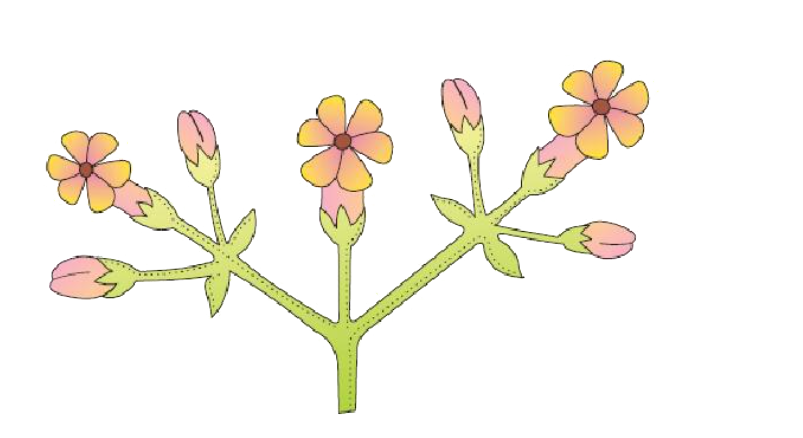Consider the given diagram and identify "A"
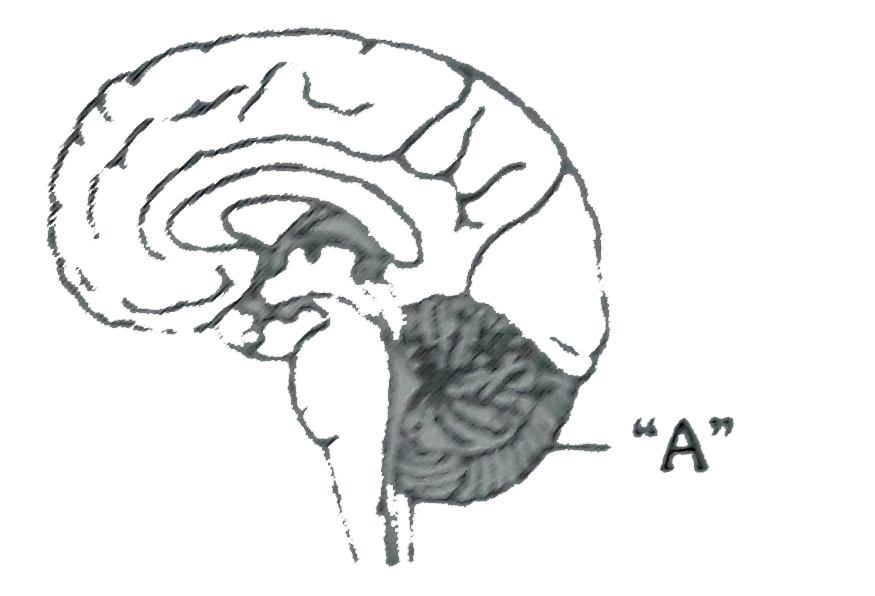
A
Medulla oblongata
B
Cerebellum
C
Midbrain
D
Pons
Video Solution
Text Solution
The correct Answer is:B
|
Answer
Step by step video, text & image solution for Consider the given diagram and identify "A" by Biology experts to help you in doubts & scoring excellent marks in Class 11 exams.
Updated on:21/07/2023
Topper's Solved these Questions
- BOOK - ERRORLESS CHAPTER - NEURAL CONTROL AND COORDINATIONEXERCISE - Assertion and Reason17videos
NEURAL CONTROL AND COORDINATION
- BOOK - ERRORLESS CHAPTER - MORPHOLOGY OF FLOWERING PLANTSEXERCISE - Morphology Of Flowering Plants613videos
MORPHOLOGY OF FLOWERING PLANTS
- BOOK - ERRORLESS CHAPTER - PHOTOSYNTHESIS IN HIGHER PLANTSEXERCISE - Photosynthesis In Higher Plants339videos
PHOTOSYNTHESIS IN HIGHER PLANTS
Similar Questions
Knowledge Check
- Question 1 - Select One
Consider the following diagram and identify A, B, C and D by following appropriate option
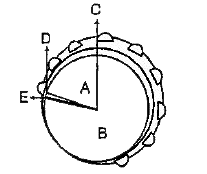 AA: oxygen (21%) B: Nitrogen (78%). C: Carbon dioxide (0.03%) D: Argon (0.93%) E: All others (0.04%)BA: Nitrogen (78%) B: Carbon dioxide (0.03%) C: Argon (0.93)% D: Oxygen (21%) E: All others (0.04%)CA: Carbon dioxide (0.03%) B: All others (0.045) C: Oxygen (21%) D: (Argon (0.93%) E: Nitrogen (78%)DNone of the above
AA: oxygen (21%) B: Nitrogen (78%). C: Carbon dioxide (0.03%) D: Argon (0.93%) E: All others (0.04%)BA: Nitrogen (78%) B: Carbon dioxide (0.03%) C: Argon (0.93)% D: Oxygen (21%) E: All others (0.04%)CA: Carbon dioxide (0.03%) B: All others (0.045) C: Oxygen (21%) D: (Argon (0.93%) E: Nitrogen (78%)DNone of the above - Question 2 - Select One
Consider the following diagram. Identify A, B, C and D
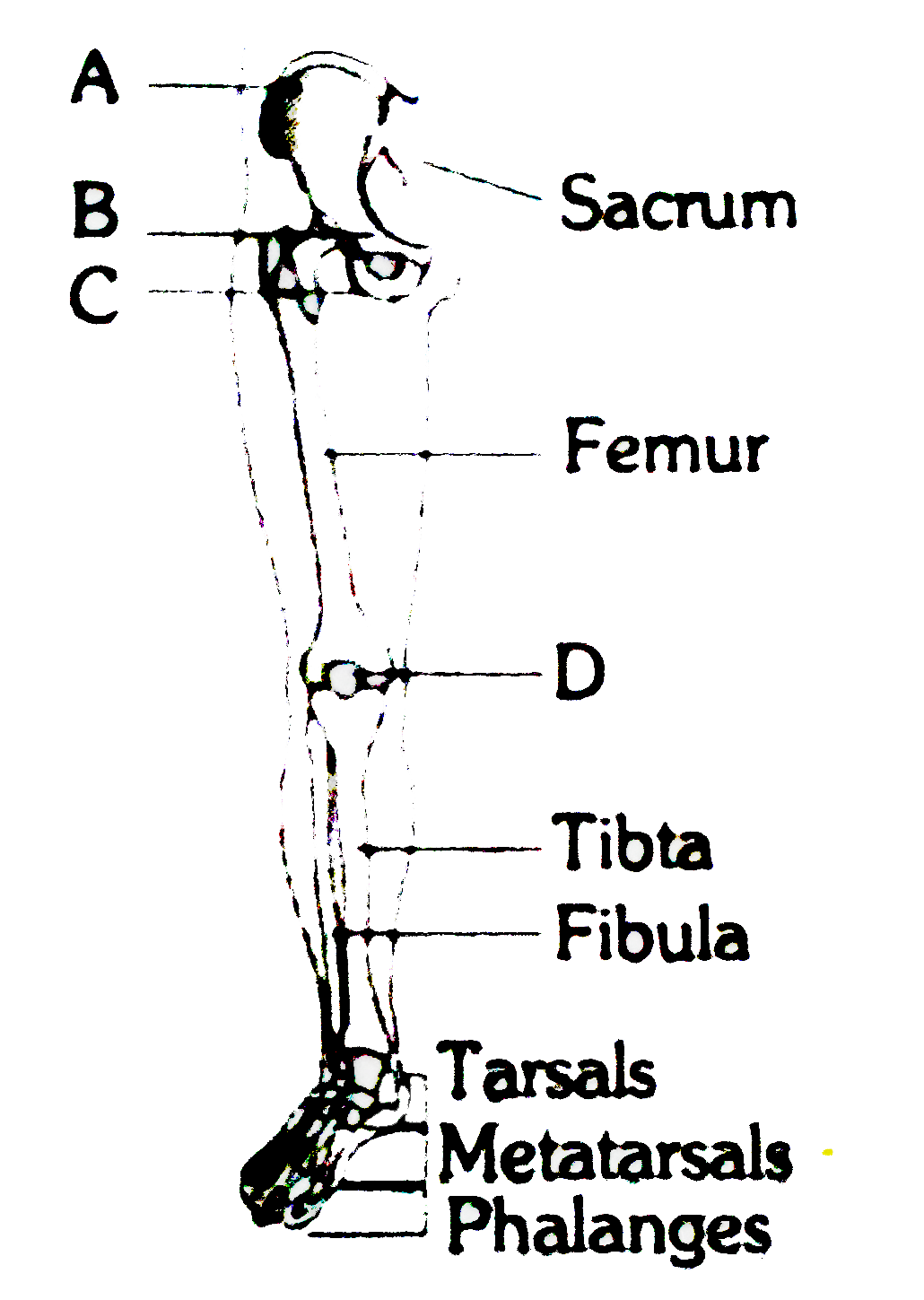 AA-Ilium, B-Pubis, C-Ischium, D-PatellaBA-Ilium, B-Pubis, C-Patella, D-IschiumCA-Ischium, B-Pubis, C-Ilium, D-PatellaDA-Pubis, B-Ilium, C-Ischium, D-Patella
AA-Ilium, B-Pubis, C-Ischium, D-PatellaBA-Ilium, B-Pubis, C-Patella, D-IschiumCA-Ischium, B-Pubis, C-Ilium, D-PatellaDA-Pubis, B-Ilium, C-Ischium, D-Patella - Question 3 - Select One
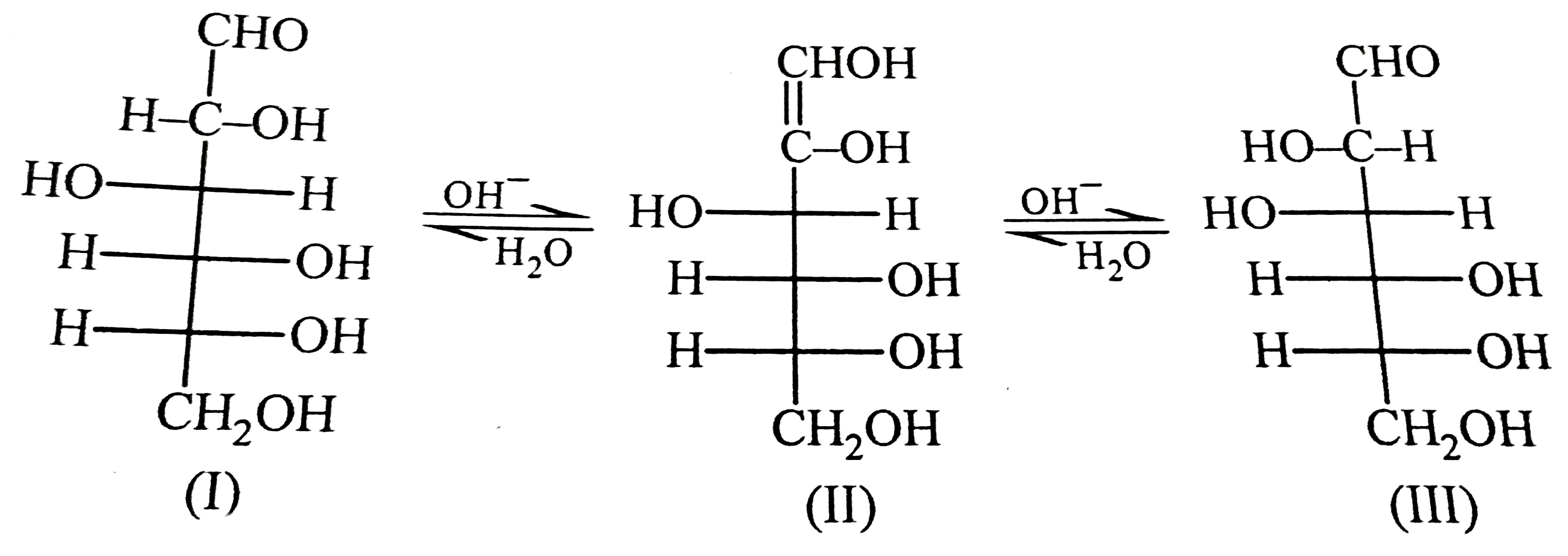
Consider the given process.
And identify the incorrect statementAConfiguration at C−2 is lost on enolisationBI and III are epimersCProton transfer from water to C−1 converts ene diol to an aldoseDD-glucose can isomerise to D-fructose through enol intermediate.
Identify the given diagrams
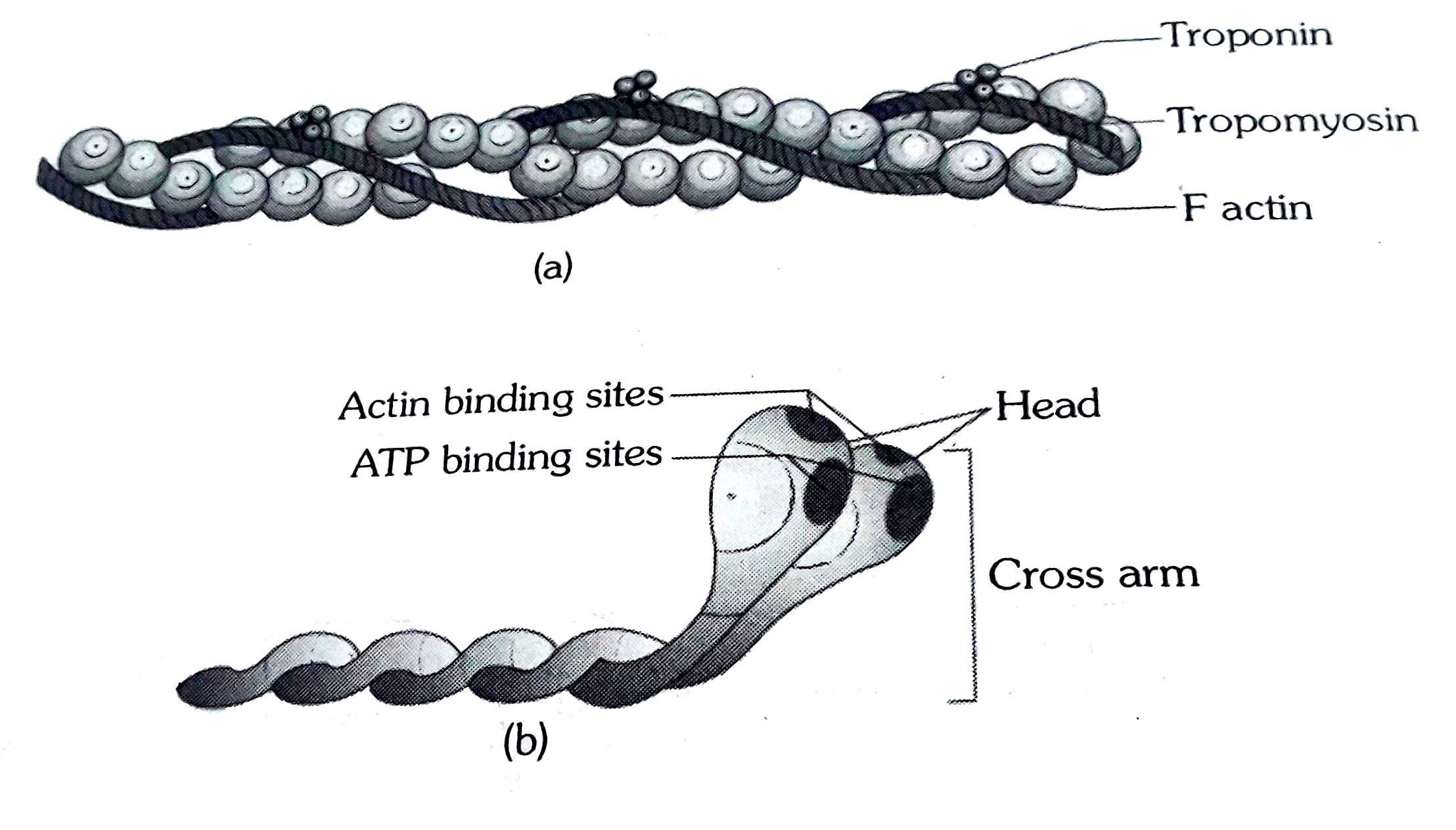 View Solution
View SolutionObserve the given diagram . Identify the label A, B and C.
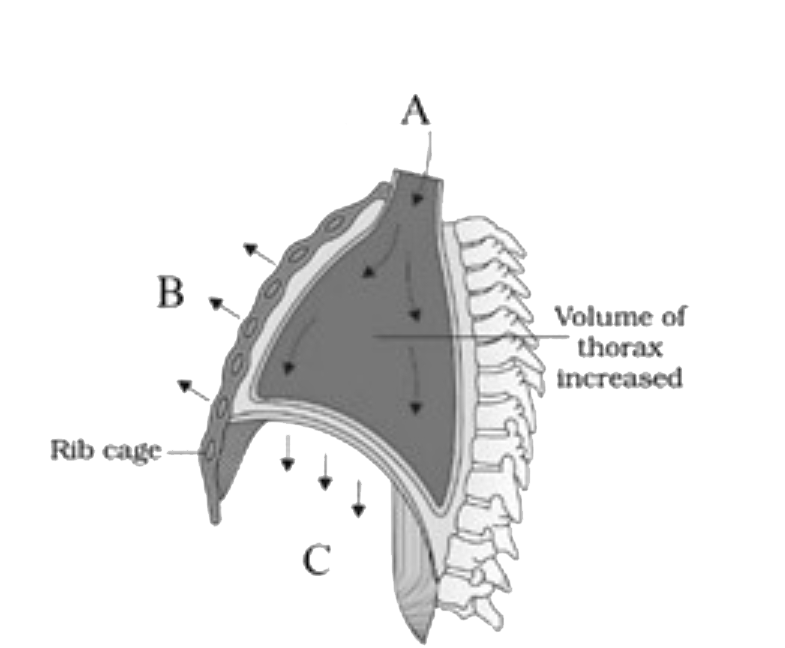 View Solution
View Solution
Consider the given reaction, Identify 'X' and 'Y' :View SolutionIn the given diagram identify parts, named 1-5:
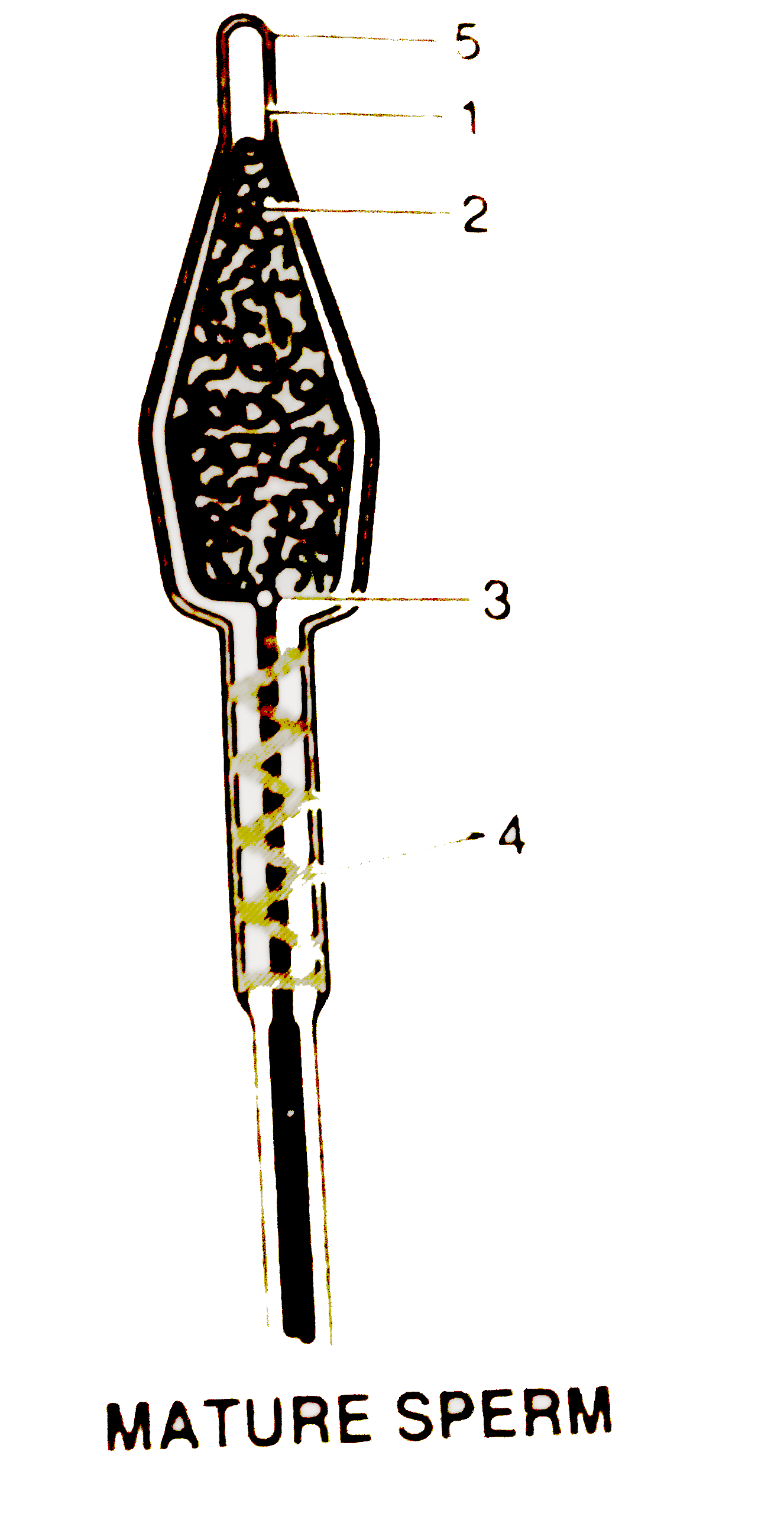 View Solution
View SolutionStudy the given diagram carefully.
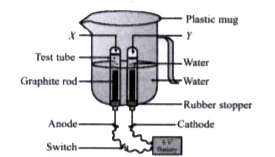
Identify X, Y and the type of reaction occurring.View Solution



